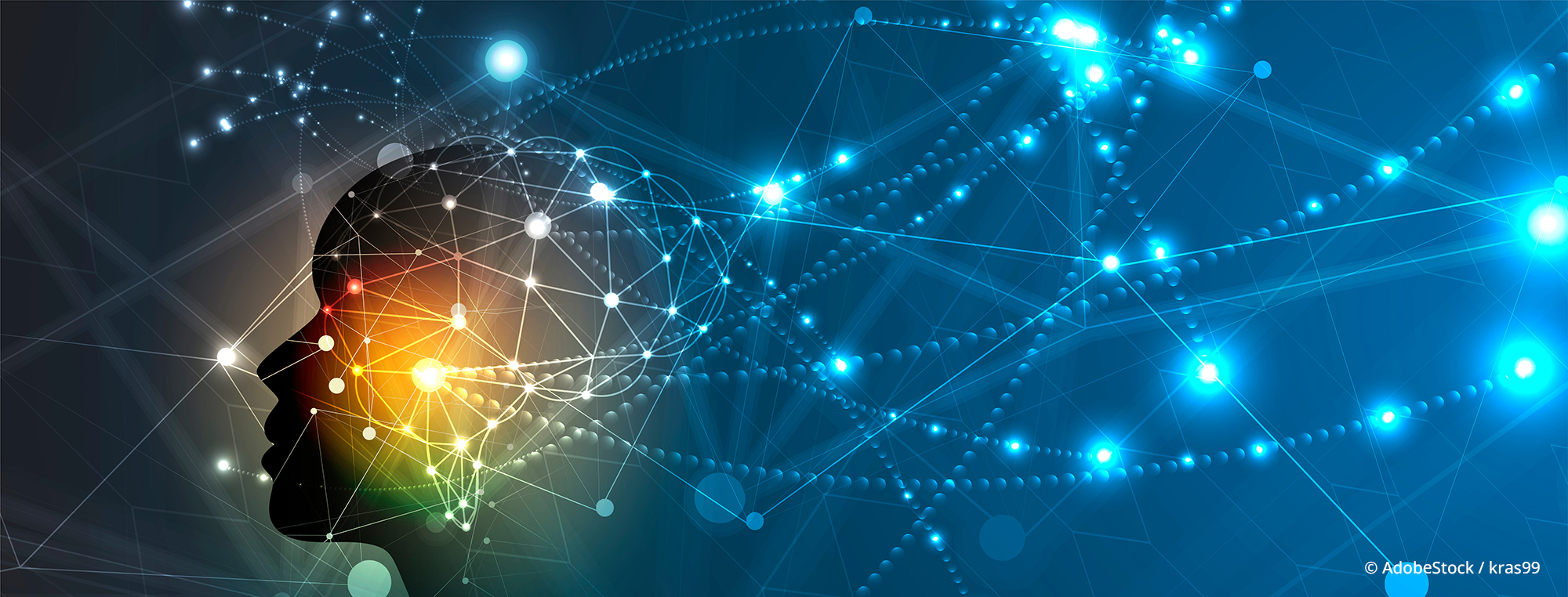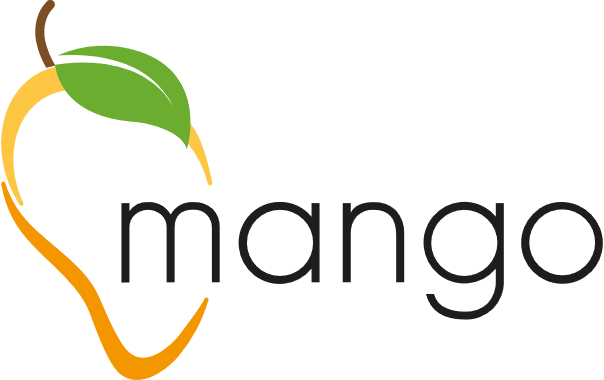![[Translate to english:]](/fileadmin/_processed_/1/5/csm__c__AdobeStock_kras99_209866700_2422bb3a84.jpg)
Open Science – freely available and open source scientific results As a research group, we are committed to transparent science - Open Science, which makes research results freely and openly available. The artefacts, data and publications we produce should be able to be used collectively and without hurdles in order to improve the quality of research and contribute to progress in society as a whole. An essential aspect of this is also the possibility of reproducing research results.
Freedom and openness are essential characteristics of science. Without an open exchange of ideas and unrestricted access to preliminary scientific work, no sound scientific progress - and thus no innovations - can emerge. And free access to results in the form of software artefacts, data and publications, among other things, determines the quality and connectivity of scientific work in the long term. Access to the underlying data and the software tools used or developed for data generation and analysis is indispensable for the traceability of scientific results.

Especially when scientific results are generated in projects with public funding, we are convinced that they should be able to be used collaboratively and without hurdles in order to improve the quality of research and contribute to progress in society as a whole. An essential aspect of this is also the possibility of reproducing published research results in the sense of the DFG's guidelines on good scientific practice.
In the following, we present some of our published results. Our software tools, frameworks, data, models and other artefacts are usually published in our GitHub group.
mango – Modular Python Agent Framework
mango is a software framework for the development of multi-agent systems. It provides a basic framework for building a single intelligent software agent, offers simple interfaces for communication between agents and enables the modularisation of complex agents. A container mechanism is used to accelerate the exchange of messages for agents located within a dedicated process.

Using mango, large-scale simulations can be carried out, but it can also be used to develop agents for the field. The software has been under development at OFFIS and the University of Oldenburg since 2019 and is implemented in a Python and a Julia version. More information about the framework can be found on the mango website and in the comprehensive documentation. There is also a public “mango library” where various reference implementations of mango agents are available.
cosima – Communication Simulation for Agents in Energy Systems
In smart energy systems, co-simulation is used to connect heterogeneous simulators such as generation units, control algorithms and analysis tools to complex scenarios and to investigate these scenarios for different objectives. In these scenarios, the communication necessary for the exchange of information between simulators has so far been assumed to be undisturbed and undelayed. The interaction between the energy and communication systems was therefore neglected.
In cosima, the communication simulator OMNeT++ is therefore integrated into the co-simulation framework mosaik to enable a combined view of energy and communication systems and to investigate ICT-based monitoring and control applications (such as multi-agent systems) in the energy system. Through the OMNeT++ integration, concrete communication technologies (LTE, 5G) can be simulated and the effect of topology changes and disturbed and undisturbed message traffic on e.g. latency, bandwidth and packet losses can be recorded.
Further information can be found at https://cosima.offis.de/.
Amplify – Abstract Multi-Purpose-Limited Flexibility Model
To increase the yield generated by battery storage systems, it makes sense to use them for more than one application. This is possible because it has been found that they are often not fully utilised only through e.g. peak load capping or self-consumption maximisation.
With Amplify, excess flexibility from battery storage can be described and dispatched compactly after a local application has already been fulfilled and no further flexibility is needed for it. The model is characterised by the fact that it can be calculated very quickly and has integrated problem detection. This allows it to detect when the battery storage contributions for the different applications conflict. In addition, an aggregator does not need any further knowledge about the battery storage and can still size contributions for e.g. electricity market transactions.
Amplify is published on Pypi as "amplify-model" and as open source on Gitlab.com.
In order to increase the yield generated with battery storage systems, it makes sense to use them for more than one application. This is possible because it has been found that they are often not fully utilised only through e.g. peak load capping or self-consumption maximisation.
Ansprechpersonen
![[Translate to english:]](/fileadmin/_processed_/1/5/csm__c__AdobeStock_kras99_209866700_2422bb3a84.jpg)
Persons 
F
H
Dr. rer. nat. Stefanie Holly
E-Mail: stefanie.holly(at)offis.de, Phone: +49 441 9722-732, Room: Flx-E
K
R
S
T
Dr. rer. nat. Martin Tröschel
E-Mail: martin.troeschel(at)offis.de, Phone: +49 441 9722-150, Room: Flx-E
Projects 
2024
2023
NFDI4Energy
National Research Data Infrastructure for the Interdisciplinary Energy System Research
Duration: 2023 - 20282022
DEER
Dezentraler Redispatch (DEER): Schnittstellen für die Flexibilitätsbereitstellung
Duration: 2022 - 2025 REMARK
Resilienz im digitalisierten Stromsystem: Toolbox zur Bewertung von Systemdienstleistungsmärkten
Duration: 2022 - 20242021
WWNW
WärmewendeNordwest – Digitalisierung zur Umsetzung von Wärmewende- und Mehrwertanwendungen für Gebäude, Campus, Quartiere und Kommunen im Nordwesten
Duration: 2021 - 20262020
2019
2016
Publications 
2026
Agent-Based Flexibility Aggregation for a Distributed Redispatch
Radtke, Malin and Stark, Sanja and Holly, Stefanie; Energy Informatics; 2026
Resilience of Digitalized Power Systems-Challenges and Solutions
Brand, Michael and Stark, Sanja and Holly, Stefanie and Kamsamrong, Jirapa and Mayer, Christoph and Lehnhoff, Sebastian; Towards Energy System Resilience; 2026
2025
A Comprehensive Toolbox for Evaluating Reactive Power Market Designs
Holly, Stefanie and Pechan, Anna and Schulte, Eike and Palovic, Martin and Buchmann, Marius; 2025 IEEE Kiel PowerTech; June / 2025
A multi-agent approach with verifiable and data-sovereign information flows for decentralizing redispatch in distributed energy systems
Heess, Paula and Holly, Stefanie and Körner, Marc-Fabian and Nieße, Astrid and Radtke, Malin and Schick, Leo and Stark, Sanja and Strüker, Jens and Zwede, Till; Energy Informatics; February / 2025
Amplify: Multi-purpose flexibility model to pool battery energy storage systems
Paul Hendrik Tiemann, Marvin Nebel-Wenner, Stefanie Holly, Emilie Frost and Astrid Nieße; Applied Energy; 2025
Communication Modeling Approaches in Energy System Applications: A Systematic Overview
Radtke, Malin and Frost, Emilie and Nieße, Astrid and Lehnhoff, Sebastian; IEEE Access; 2025
Effect of the Quantity and Penetration of Energy Resources on the Incentivization of Grid-Beneficial Behavior in Prosumer Households
Sager, Jens and Wegkamp, Carsten and Niesse, Astrid and Engel, Bernd; ETG Kongress 2025; Voller Energie-heute und morgen.; 2025
Online Meta-Modeling of Communication Network Simulations for Agent-Based Energy Systems
Radtke, Malin and Lehnhoff, Sebastian; 2025 IEEE International Conference on Communications, Control, and Computing Technologies for Smart Grids (SmartGridComm); 2025
Simulative Analysis of Multi-Agent Systems in Energy Systems: Impact of Communication Networks
Radtke, Malin and Frost, Emilie; Proceedings of the 17th International Conference on Agents and Artificial Intelligence (ICAART 2025) - Volume 1; 01 / 2025
Ten Recommendations for Engineering Research Software in Energy Research
Ferenz, Stephan and Frost, Emilie and Schrage, Rico and Wolgast, Thomas and Beyers, Inga and Karras, Oliver and Werth, Oliver and Nieße, Astrid; Proceedings of the 16th ACM International Conference on Future and Sustainable Energy Systems; June / 2025
